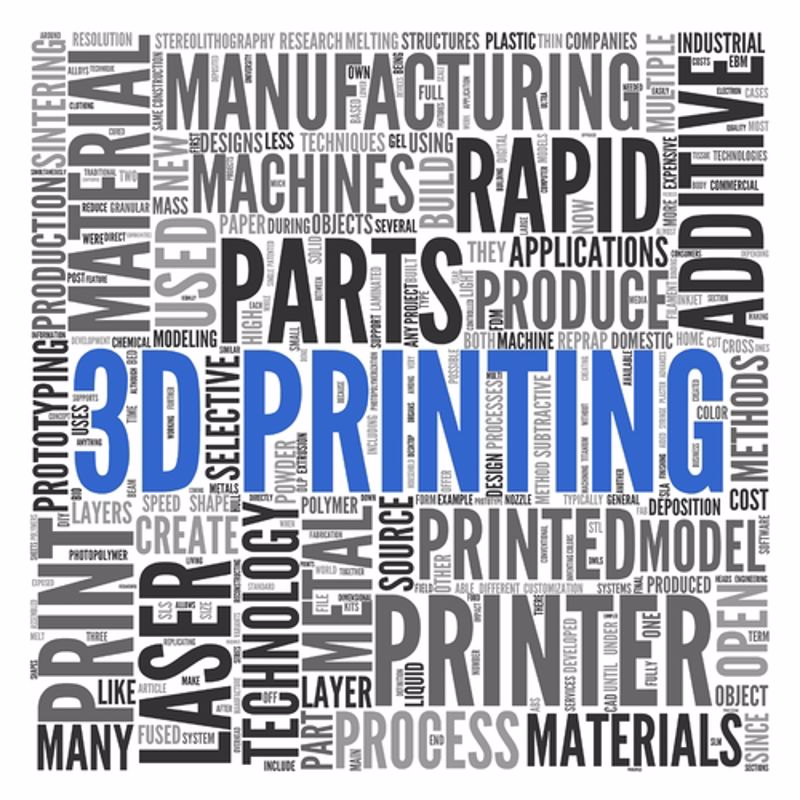
Smart technology builds a new future for construction
By Max BurkhalterNovember 3, 2021
Have you ever noticed how many construction sites there are? Do you ever feel like they're everywhere?
Well, that's because they kind of are everywhere. According to the latest data from IBIS World, there are over 3.6 million construction businesses in the U.S. The construction industry has grown at a steady 3% each of the last five years.
Likewise, people are opening up to new innovations. Thanks to automation, construction companies are taking on more projects, working more efficiently and building better buildings. Across the industry, smart technology is being adopted for its diverse applications that make construction an all-around more effective process.
Let's take a closer look at the range of ways automation can pave the way toward the future of construction.
Robotics
The biggest myth about automation is that robots are going to put people out of work. The truth, according to the US Chamber of Commerce, is that 92% of contractors are having difficulty finding skilled workers. To fill the gap in skilled labor, contractors are turning to automation.
But robots aren't meant to replace humans — they're here to support them. In construction, the latest startups are using robots to accomplish vertical tasks, per Forbes. This includes excavation, drywall installation, painting, roofing and more.
These autonomous robots help companies cut costs by slicing labor expenses, accelerating tasks and decreasing downtime.

3D Printing
3D printing technology has developed far past the purposes of easy, fast prototyping. Some 3D printers can produce building walls and processing cement. Though in its infancy, these applications are helping construction companies work faster, more affordably and be environmentally friendly in their builds.
Thanks to 3D printing technology, tasks that would otherwise take months to complete can be performed in a matter of days. Not only are they efficient tools, but they also reduce the amount of materials wasted. According to Transparency Market Research, total construction waste is expected to reach 2.2 billion tons by 2025. That number underscores the importance of waste management in the industry.
Workplace Safety
As an industry dependent upon heavy machinery, construction is an inherently dangerous profession. The skilled workers who operate that machinery do so at the risk of injury to themselves or others.
By streamlining certain tasks and performing would-be dangerous duties, automation protects those workers. Automating tasks also reduces the risk of human error, which is especially costly in construction. One wrong move could put someone in harm's way.
Not only are smart technologies improving working conditions by eliminating dangers, they're keeping workers happy, too. Workers are spared some of the heavy lifting and grueling labor that the job requires and are at lesser risk of sickness, fatigue or burnout. In any industry, happier employees are more productive employees, which means they're better equipped to meet demand.
Predictive Maintenance
For a country whose infrastructure ages by the day, upkeep is critical. A contractor's job rarely ends when the build is finished. Protecting America's roads, buildings and bridges relies on predictive maintenance.
Thanks to artificial intelligence, post-construction maintenance is made easier. Through Building Information Modeling, AI collects hoards of data, thus enabling autonomous inspection. Data can provide insight into the condition of various parts of a building and help contractors predict potential issues. Internet of things (IoT) sensors alert users when damage is predicted.
Construction is everywhere. Thanks to automation, it's not going anywhere — except, of course, to the next build site. To learn more about how Perle can help with your automation needs, read some of our customer success stories.



